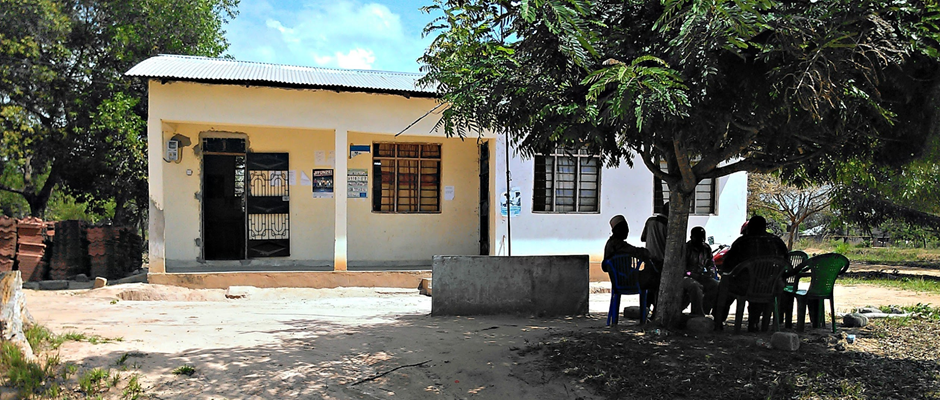
Decentralization has been an important reform in many developing countries and a major focus of the considerable support provided by development partners to public sector reform. Yet its record is mixed at best in terms of realizing many of the stated objectives of reform, such as enabling more efficient service delivery, advancing democratic reform, and promoting economic development and poverty reduction.
The lack of correspondence between official public policy goals (supported by development partners) and the (often-shifting) goals of political and bureaucratic actors commonly result in a failure to fully meet the stated objectives of decentralization and in a host of unintended consequences. The situation is complicated by the fact that central governments that pursue decentralization are not monolithic entities—the goals and behaviors of various actors within the central governments that pursue decentralization reforms, and their relative ability to shape policy may vary considerably. Development partners themselves can greatly influence reforms. They, too, face diverse incentives that may not correspond with those of government actors or of other donors, and may even reinforce conflicts among key actors and exacerbate inconsistencies in resulting decentralization reforms.
Substantial attention has been devoted to defining the institutional and fiscal requirements for meeting commonly stated, normatively desirable decentralization objectives. But much less consideration has been given to identifying the political and institutional incentives that drive reform or to evaluating how these reform drivers may shift over time. Understanding decentralization requires appreciating its fundamental paradox: what motivates the central government to give up powers and resources to subnational governments?
The underlying premise of this volume is that systematic analysis of political economy issues can productively complement the dominantly technical diagnostic work carried out by development partners seeking to undertake decentralization reforms. Development partners can benefit from a better understanding of the practical significance of motives that drive politicians and bureaucrats to support or oppose reform at various stages of the process, from initial reform decisions to detailed design and implementation.
Since development partners are central to this process in many countries, greater self-reflection with regard to how they affect reform individually, collectively, and in relation to government actors would also be beneficial. Finally, it is important to understand how the incentives of key actors may weaken, strengthen, or shift in response to changes in conditions that arise after reform begins.
We acknowledge that some development partners have made considerable efforts in recent years to conduct governance assessments that help pinpoint challenges and obstacles to the realization of normatively desirable fiscal and institutional reforms related to decentralization. Such assessments, however, rarely go into sufficient depth in evaluating: (a) whether actors whose cooperation is needed to define and implement decentralization face incentives (and have the capacity) to support reform; (b) whether these often-diverse actors—including other development partners—are likely to work in harmony or at cross-purposes; and (c) the implications of (a) and (b) for whether and how to support decentralization in a productive and sustainable way.
It is important to emphasize that this effort does not intend either to advocate decentralization in general or in any particular form, or to presume or privilege any particular decentralization objective. The central purpose is to better understand how political and institutional dynamics (primarily
those related to national actors, intergovernmental relations, and development partners) do or could affect the scope for realizing decentralization reforms aligned with the commonly advocated objectives of improved service delivery, governance, economic development, and poverty reduction.
Some development partners may feel comfortable maintaining the status quo in how they approach decentralization support and with whom they work, and they may rightly see the approach advocated in this volume to be challenging and potentially onerous. The approach does, however, build on governance assessments and other analytical work that development partners themselves have already seen the need to undertake. Given the often-underwhelming performance of decentralization reform in developing countries—including the disappointing performance of donor support for decentralization relative to the substantial volume of resources devoted to it in the past couple of decades—broader-based and more careful analysis of whether and how to engage on decentralization reform in a particular country could be well worth the effort for development partners and the countries they support.
Kent Eaton, Kai-Alexander Kaiser and Paul J. Smoke. 2011. The Political Economy of Decentralization Reforms: Implications for Aid Effectiveness. Washington: The World Bank.





